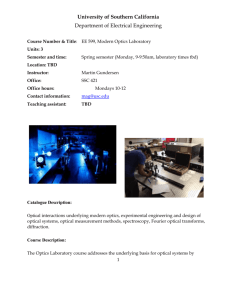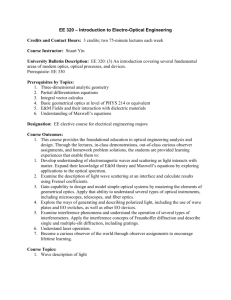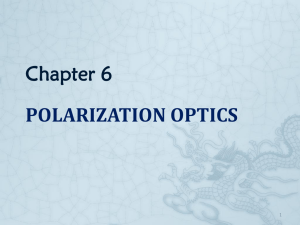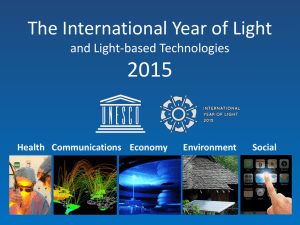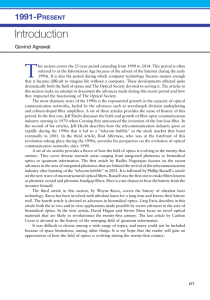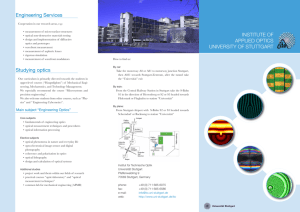PROFESSIONAL BIOGRAPHY
advertisement
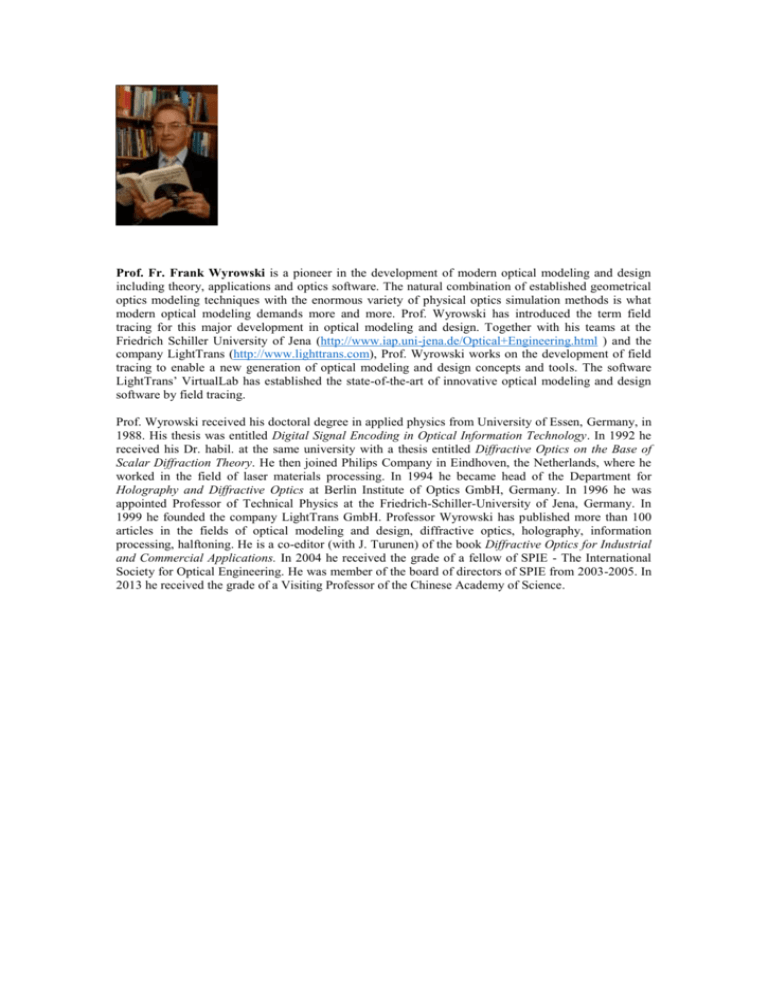
Prof. Fr. Frank Wyrowski is a pioneer in the development of modern optical modeling and design including theory, applications and optics software. The natural combination of established geometrical optics modeling techniques with the enormous variety of physical optics simulation methods is what modern optical modeling demands more and more. Prof. Wyrowski has introduced the term field tracing for this major development in optical modeling and design. Together with his teams at the Friedrich Schiller University of Jena (http://www.iap.uni-jena.de/Optical+Engineering.html ) and the company LightTrans (http://www.lighttrans.com), Prof. Wyrowski works on the development of field tracing to enable a new generation of optical modeling and design concepts and tools. The software LightTrans’ VirtualLab has established the state-of-the-art of innovative optical modeling and design software by field tracing. Prof. Wyrowski received his doctoral degree in applied physics from University of Essen, Germany, in 1988. His thesis was entitled Digital Signal Encoding in Optical Information Technology. In 1992 he received his Dr. habil. at the same university with a thesis entitled Diffractive Optics on the Base of Scalar Diffraction Theory. He then joined Philips Company in Eindhoven, the Netherlands, where he worked in the field of laser materials processing. In 1994 he became head of the Department for Holography and Diffractive Optics at Berlin Institute of Optics GmbH, Germany. In 1996 he was appointed Professor of Technical Physics at the Friedrich-Schiller-University of Jena, Germany. In 1999 he founded the company LightTrans GmbH. Professor Wyrowski has published more than 100 articles in the fields of optical modeling and design, diffractive optics, holography, information processing, halftoning. He is a co-editor (with J. Turunen) of the book Diffractive Optics for Industrial and Commercial Applications. In 2004 he received the grade of a fellow of SPIE - The International Society for Optical Engineering. He was member of the board of directors of SPIE from 2003-2005. In 2013 he received the grade of a Visiting Professor of the Chinese Academy of Science.




